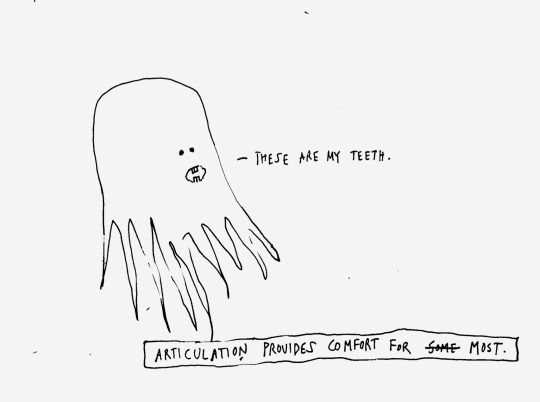
Stories of Self is a twelve-volume essay series by Scott F. Parker that explores the nature of the composed self through conversations with artists working in a wide range of media.
Ashamed, but Undaunted: Autotheory with Maggie Nelson
When I got to breakfast with Maggie Nelson at her hotel down the street from the Minneapolis Convention Center, AWP was just getting underway. Downtown was a swarm of writers, excited, anxious, and trying to be in three places at once. Even in the dimly lit, hangover-friendly restaurant, the muted conversations had the air of attempts at good first impressions. I asked our waitress for the most isolated table she had as both Nelson and I declined coffee. Nelson, who hasn’t had coffee since 1996, asked for tea. Only the day before, I’d returned from Santa Fe, where I’d been hiking and talking Buddhism with Stephen Batchelor, and part of me wanted to still be there. I was one of those anxious writers, after all, the kind who felt more at home alone in the mountains than networking under fluorescent lights. This bled into my conversation with Nelson. After ordering, the first thing I asked was about her background with Buddhism, a key reference point in her book The Argonauts.
“I’m not a Buddhist and have taken no vows. I have no formal training whatsoever. In different periods of my life I’ve immersed myself in sitting practice, but I find as a reader that a lot of the conundrums that Western philosophy bashes its head against are very swiftly set to the side or resolved or happily ignored by Buddhist psychology or philosophy, so it’s a very rich field to me for that reason.”
One reason Buddhism is often not considered a religion is that, like a psychological school or a critical method, it works as a collection of texts that offers a way of seeing, a way of talking that can be employed independent of faith. Western philosophy similarly abjures faith, but rarely—going back a few centuries—attends much to well-being. One prominent exception to this history is the late Wittgenstein, for whom philosophy aims “to show the fly the way out of the fly-bottle.”
And reading Wittgenstein, Nelson said, “can feel like you’re reading linguistic koans. Wittgenstein might ask, ‘Can my right hand give my left hand money?’ or ‘How do you know that a stone can’t feel pain?’ There’s a tradition in Western philosophy that I’m attracted to—and that Wittgenstein’s a part of—that aims to clarify rather than make grand narrative claims.”
Grand narrative claims fell out of favor in most academic and artistic disciplines in the twentieth century. Even memoir, a form of writing that can seem...
You have reached your article limit
Sign up for a digital subscription and continue reading all new issues, plus our entire archives, for just $1.50/month.
Already a subscriber? Sign in




